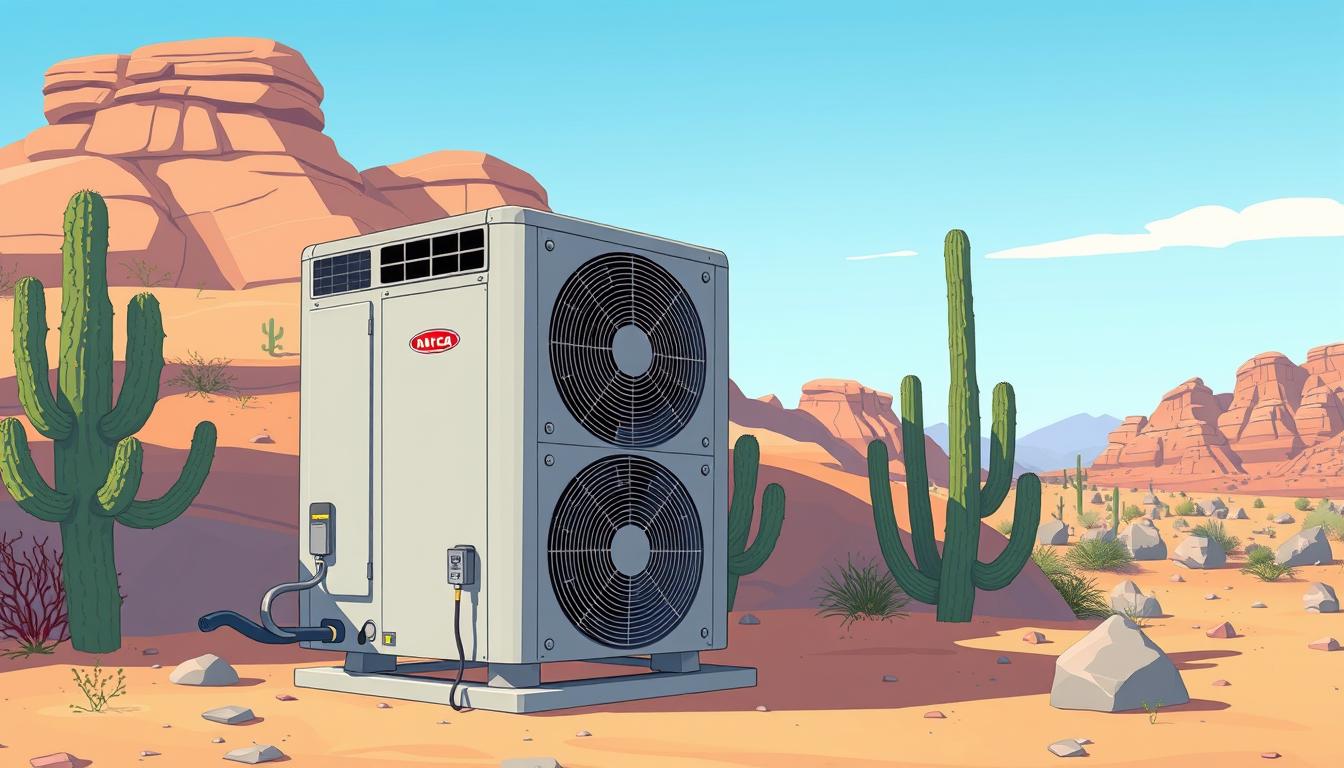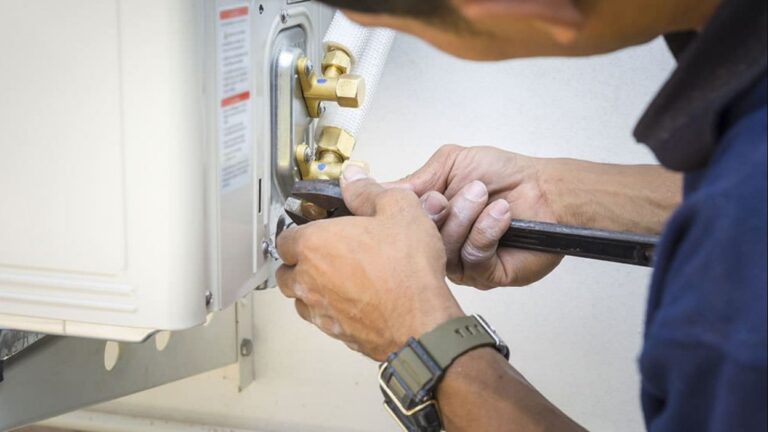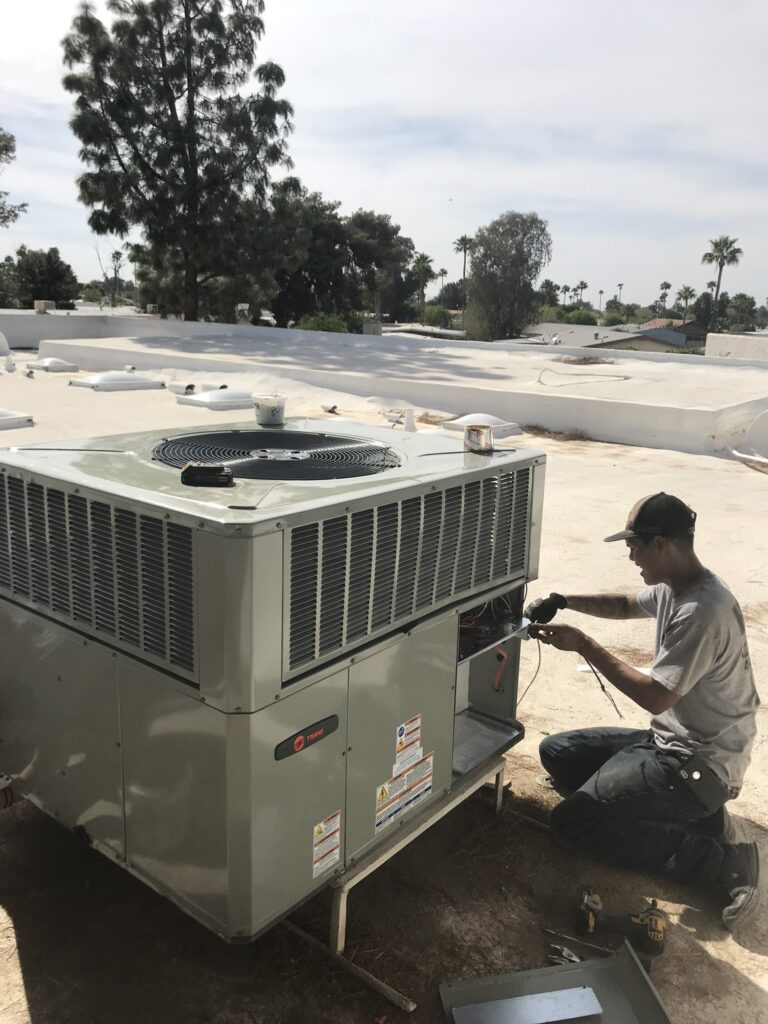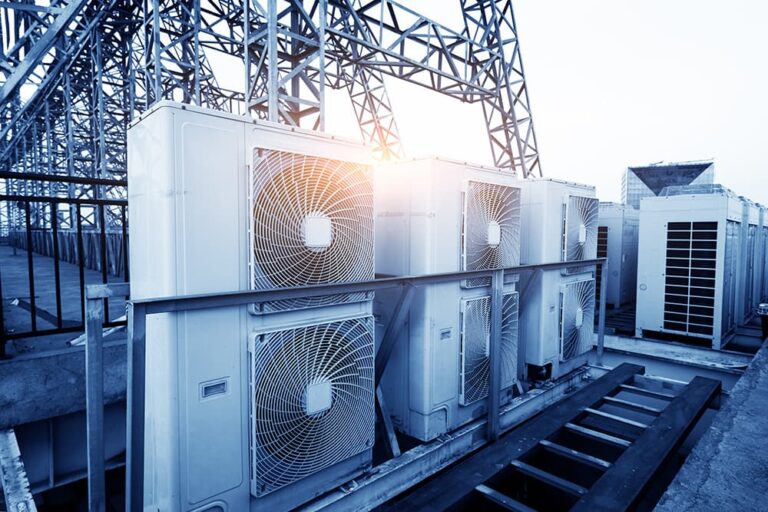HVAC Safety Tips Every Arizona Homeowner Should Know
As the Arizona sun sets on another scorching summer, winter is coming. This season brings new challenges for homeowners. Your energy bills might drop, and you could enjoy the crisp winter air at home.
The U.S. Department of Energy says installing efficient heating and cooling can cut energy bills by up to 50%. By following essential safety guidelines, Arizona homeowners can keep their systems safe and efficient. This way, they can also save a lot of money.
This guide to HVAC safety tips will help you keep your heating and cooling systems in top shape. This ensures a warm and safe winter for you and your family.
Understanding the Importance of HVAC Safety
Knowing about HVAC safety is key to keeping your heating and cooling system safe and working well. HVAC systems are complex, with parts that are electrical, mechanical, and sometimes gas. This makes safety a big concern.
Common HVAC Hazards
HVAC systems can be dangerous if they’re not looked after or installed right. Hazards include electrical shocks, gas leaks, and mechanical failures. For example, a bad HVAC system can cause carbon monoxide leaks, which are very dangerous.
Why Safety Matters for Homeowners
For homeowners, safety is very important because a bad HVAC system can cause accidents, injuries, and even deaths. Also, keeping your system in good shape not only keeps you safe but also makes it work better and last longer. Simple tasks like changing filters every 1-3 months can help your HVAC run more efficiently.
| Hazard | Consequence | Prevention |
|---|---|---|
| Electrical Shocks | Injury or Death | Proper Installation and Maintenance |
| Gas Leaks | Explosion or Poisoning | Regular Inspection and Maintenance |
| Mechanical Failures | System Breakdown | Regular Maintenance and Timely HVAC Repairs |
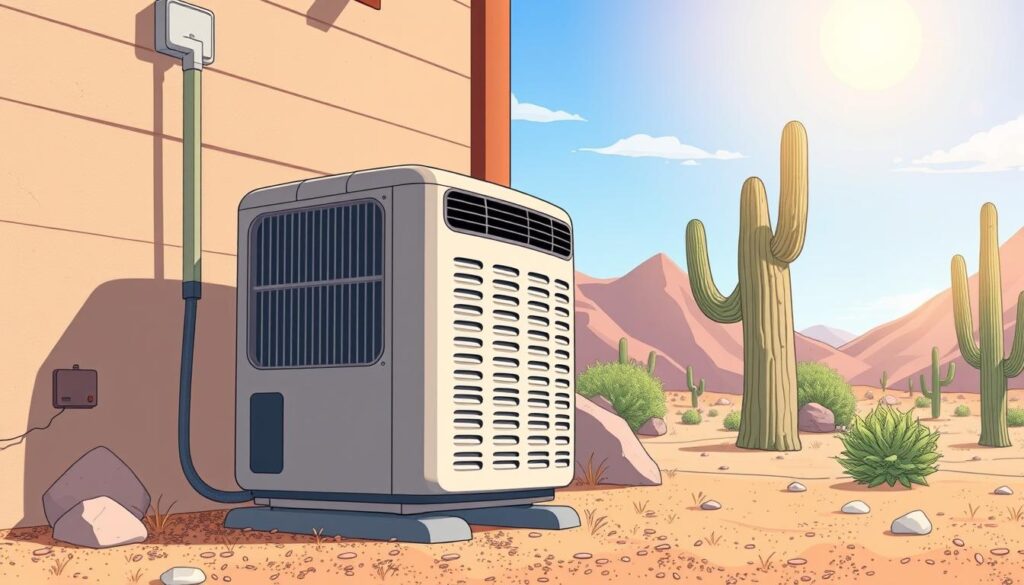
By understanding HVAC safety, homeowners can take steps to avoid risks with their heating and cooling systems. This means knowing about common dangers and why safety is important for their health and the system’s performance.
Regular Maintenance is Key
Regular maintenance is the heart of HVAC safety and efficiency. It’s essential for your heating, ventilation, and air conditioning system to work right. This keeps your home comfortable and safe. Regular upkeep stops hazards and makes your system last longer.
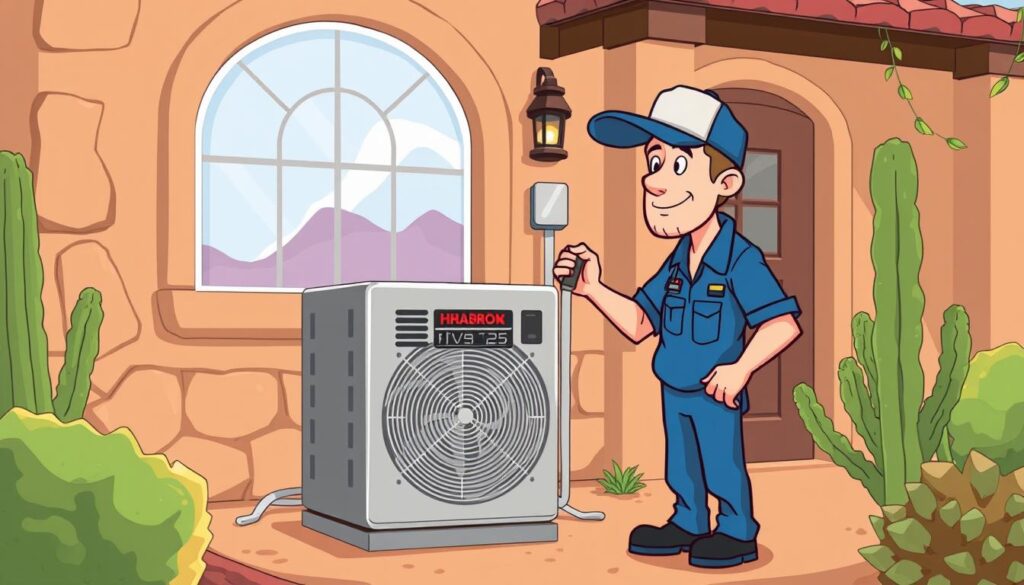
Schedule Seasonal Check-Ups
Getting annual professional check-ups is smart for homeowners. A skilled technician will do a detailed inspection. They look for wear, leaks, or issues that could cause problems later.
This early action spots problems before they become big. It keeps your system running smoothly and safely.
- Inspect and clean critical components
- Check for refrigerant leaks and electrical issues
- Ensure proper airflow and system performance
Filter Replacement Best Practices
Replacing filters regularly is a simple yet powerful way to care for your HVAC. Dirty filters can make your system less efficient. This can raise your energy bills and even cause system failures. Here’s how to replace filters right:
- Check your filters monthly, mainly during busy seasons.
- Swap them out every 1-3 months, based on the type and what the maker says.
- Choose high-quality filters that fit your system.
By sticking to these maintenance tips, you’ll have a safer, more efficient HVAC system. And your home will be more comfortable.
Identifying Warning Signs in Your System
It’s important to spot early signs of HVAC system problems. Your HVAC system has many parts working together. If one part fails, it can cause bigger issues if not fixed quickly.
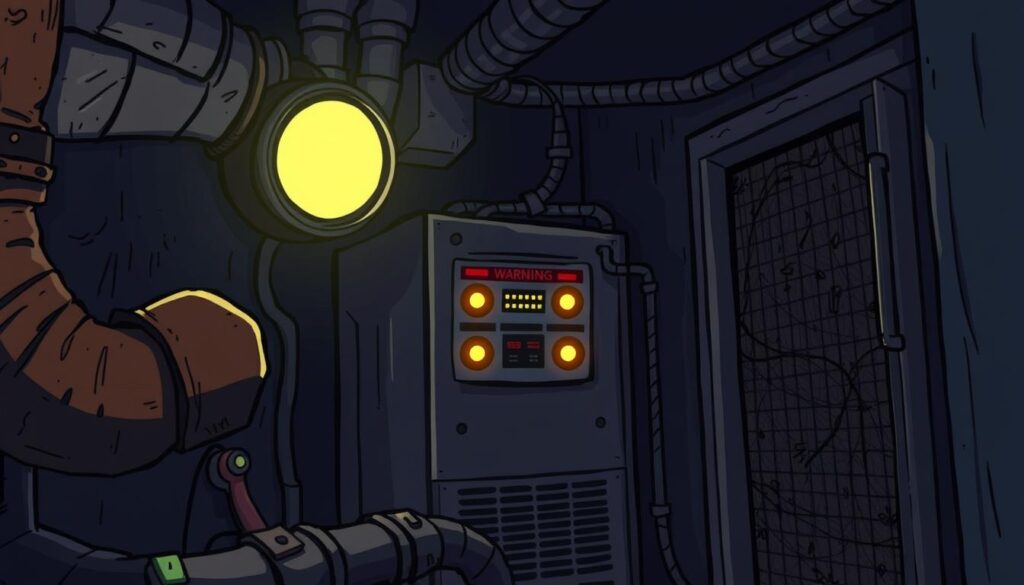
Unusual Noises or Smells
Unusual noises or smells from your HVAC system are warning signs. Grinding, squealing, or banging sounds mean parts might be wearing out. Unusual odors like burning or gas smells also indicate a problem. These signs are serious and should not be ignored.
Strange Temperature Fluctuations
Uneven heating or cooling in your home is another warning sign. If some rooms are much warmer or cooler, it could mean a problem with your system. Also, if your system constantly turns on and off, it’s a sign of an issue.
What to Do When You Notice Issues
If you see any of these signs, act fast. First, check the basics like clean air filters and clear outdoor unit space. If problems continue, call a professional HVAC technician for help. Regular maintenance can also prevent many issues by catching problems early.
Homeowners can help with maintenance too. Keep the outdoor unit clear of debris and ensure it has enough space. This improves airflow and efficiency. Being proactive and recognizing warning signs helps keep your HVAC system safe and efficient.
Proper Use of Your HVAC System
Using your HVAC system right makes your home more comfortable, safe, and energy-efficient. Knowing how to use it well helps avoid dangers and makes it work better.
Thermostat Settings and Energy Efficiency
Setting your thermostat correctly is key. Smart thermostats are great because they let you set schedules and control them from afar. This keeps your home at the right temperature without wasting energy.
For example, you can set your thermostat to cool down when you’re away. Then, it warms up again before you get home. This saves energy and makes your system last longer.
How to Prevent Overworking Your System
Working your HVAC too hard can damage it, raise your bills, and be unsafe. It’s important to know what makes it work too hard.
- Make sure your home is well-insulated to keep the temperature steady.
- Use curtains or blinds to control sunlight and temperature.
- Don’t set your thermostat too high or low, as it can stress your system.
By following these tips, you can ease the load on your HVAC system.
| Strategy | Benefit |
|---|---|
| Proper Insulation | Maintains temperature, reduces strain on HVAC |
| Using Curtains/Blinds | Regulates temperature through sunlight control |
| Avoiding Extreme Thermostat Settings | Reduces strain on the HVAC system |
Emergency Preparedness for HVAC Failures
Being ready for HVAC emergencies is key for Arizona homeowners. Knowing HVAC safety rules and taking steps ahead can lower accident risks. It ensures a safe home environment.
Knowing When to Call a Professional
It’s important to know when to get professional help. If your HVAC system shows unusual signs, call a trusted expert in Golden Valley, AZ. This prevents damage and safety risks, keeping you safe.
Creating an HVAC Emergency Kit
Building an emergency kit with flashlights, first aid, and a battery-powered thermostat is smart. It helps you deal with unexpected HVAC failures. This is a step to avoid HVAC work accidents.
Developing an Emergency Action Plan
Creating a detailed emergency plan is essential. It should include knowing where shut-off valves are and having emergency contact numbers. Regular HVAC maintenance is also vital for safety and efficiency.

